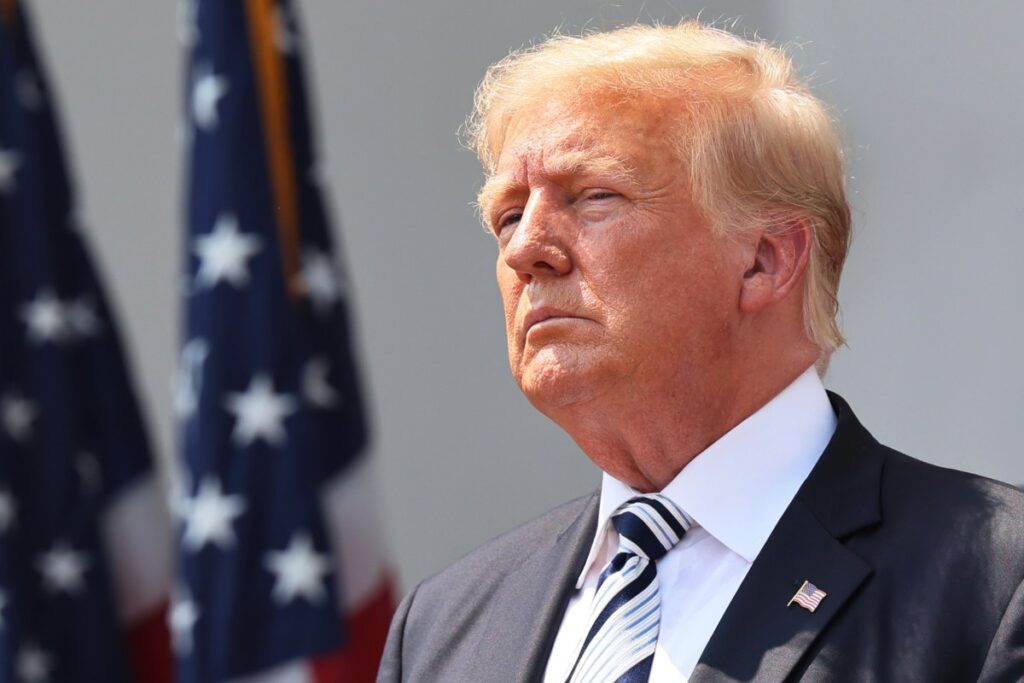Trump Revokes Biden’s AI Executive Order: What It Means for the Future of Artificial Intelligence
On his very first day in office, President Donald Trump made a significant move by revoking a 2023 executive order put forth by former President Joe Biden, aimed at addressing potential risks associated with artificial intelligence (AI). This change has stirred up conversations across the tech landscape, particularly for those concerned about the implications of AI on consumers, workers, and even national security.
A Closer Look at Biden’s Executive Order
Biden’s executive order was quite ambitious. It tasked the National Institute of Standards and Technology (NIST) — a key agency within the Commerce Department — with crafting guidelines to help businesses detect and correct flaws in their AI models, including biases that could unfairly affect outcomes. Moreover, this directive mandated that AI developers share safety test results with the U.S. government prior to public release. The objective was clear: to ensure that AI technology is safe and reliable.
The Argument Against Reporting Requirements
Supporters of Trump’s decision argue that the previous executive order imposed unnecessary and cumbersome reporting requirements on companies. They claimed these requirements not only hampered innovation but also pressured businesses to disclose confidential trade secrets — a concern that’s particularly pressing in a competitive tech environment. During his campaign, Trump promised policies designed to foster AI development, claiming they would emphasize “free speech and human flourishing.” However, specifics were rarely laid out, leaving many to wonder how these goals would manifest in real policy changes.
Local Perspectives on AI Development
For many in tech hubs like Silicon Valley or Boston, where innovation thrives, the implications of this decision are significant. Engineers and developers are often trying to balance the ethical concerns surrounding AI with the need for swift advancements. Will fewer regulations mean an accelerated pace of AI innovation? Or will it lead to hasty development and potential dangers? These questions are on the minds of many local tech enthusiasts.
What Lies Ahead for AI
The future of AI is fraught with uncertainty, especially as we navigate the balance between innovation and regulation. While Trump’s administration advocates for a more hands-off approach, critics warn that this could open the door to unchecked technologies that might harm individuals and communities.
Voices from the Community
Take, for example, a local startup working on AI-driven healthcare solutions. Their founder expressed concern that removing safety checks could lead to dire consequences if their technology is rolled out without thorough testing. "We want to innovate, but we also want to ensure our products are safe for patients," they remarked. This sentiment resonates with many in the field who understand the profound impact AI can have on society.
A Unique Perspective on the Issue
As someone keenly interested in the evolution of AI, I view this decision as a double-edged sword. On one hand, fostering an environment where companies can thrive might lead to groundbreaking innovations. On the other, neglecting safety measures might bring setbacks that could outweigh any potential benefits. It’s a critical juncture in AI development, and how we navigate it will undoubtedly shape the trajectory of technology for years to come.
Conclusion: The Road Ahead
With Trump’s revocation of Biden’s executive order, the conversation about AI just became even more vital. Stakeholders from all corners — developers, policymakers, and everyday users — must engage in ongoing discussions about how to responsibly advance AI technologies.
The AI Buzz Hub team is excited to see where these breakthroughs take us. Want to stay in the loop on all things AI? Subscribe to our newsletter or share this article with your fellow enthusiasts.




